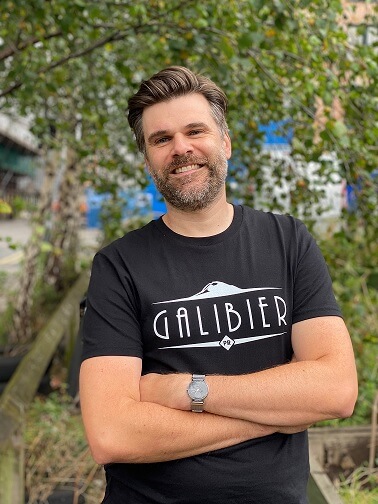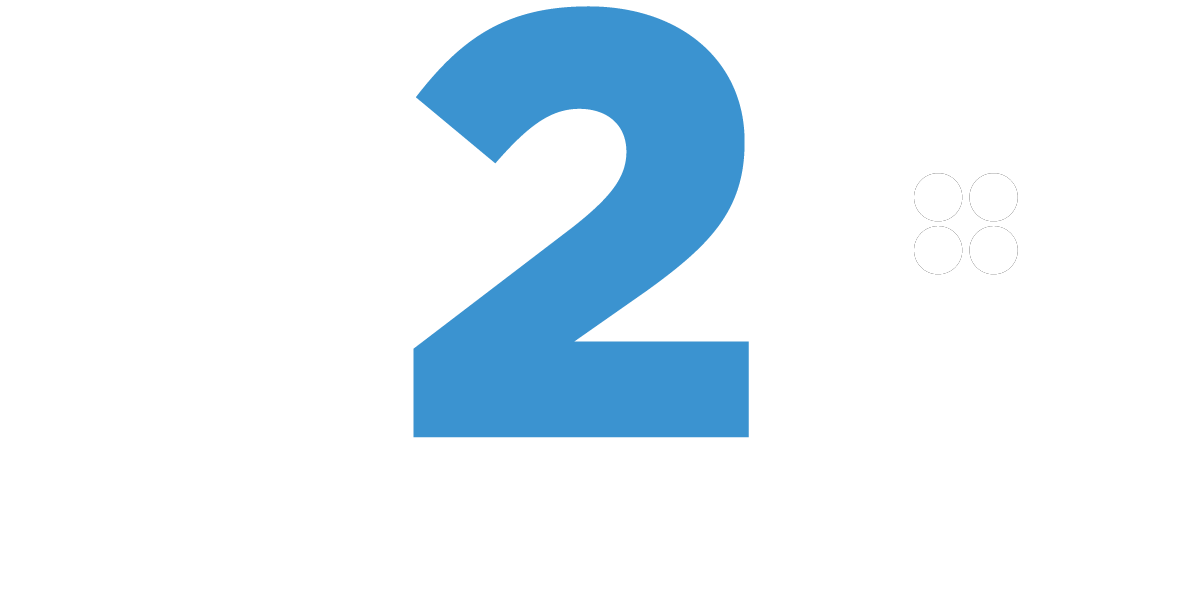As part of our founders series we caught up with Oliver Chesher of Galibier PR, an exclusive PR agency that has gone from strength to strength over the last 8 years. A fascinating read about the journey from starting up, growing and how to build back after the pandemic. Established businesses will relate and new business can learn a lot. Thanks for sharing Oliver, we loved helping bring your brand to life on your Galibier branded t shirt!
On starting out…..
When I started Galibier, I briefed my creative partners that I wanted a brand I’d want to wear on a T-shirt. That was eight years ago and the Galibier brand identity is unchanged and still something I’m extremely proud of.
When I started Galibier, I briefed my creative partners that I wanted a brand I’d want to wear on a T-shirt.
The business is a PR agency, and one that resolutely avoids glitzy celebrity parties or Instagram influencers. We help clients with real change campaigns, working in critical areas of risk and reputation, in sectors such as tech, finance and education policy. But just because our clients and our work are deadly serious, why shouldn’t we still be a cool brand?
The whole idea of Galibier came out of my love of cycling. The name comes from the highest climb in the Tour de France, hence our brand value of “a place that’s hard to reach”. We want to be unashamedly exclusive, just like pro cycling: a small elite band of the best competitors in the world, achieving things that few can.
On day one, when creating the brand, I had the privilege of having some great friends with real design talent, with whom I’d previously worked at one of the biggest agencies in the world. This logo came out of a mood board of mid-20th Century French road signs, bottle labels and other iconography synonymous with the golden era of the world’s greatest sporting event.
There were so many reasons why I wanted to have my own PR agency. First and foremost, I’m not ashamed to say I wanted an easy life. And I want to create a better work life for my staff too. I’ve encountered so many employers that talk about their “work hard / play hard” culture and that turns my stomach. Who really wants to work hard? Weirdos. The fact is that if you do something you’re genuinely good at for a living, you should be able to give real value to your customers very easily. And as the cliché goes, if you love it then it’s not work.
I’ve encountered so many employers that talk about their “work hard / play hard” culture and that turns my stomach. Who really wants to work hard? Weirdos.
There are plenty of other clichés about starting your own business that are also true: you pick up ideas from every employer throughout your career on how things should be done, and how they could be done better; and if you’ve earned and cultivated some good client and network relationships over the years, there comes a time when you can generate enough business to do it for yourself.
On the importance of a good network….
In my case there was a lot of luck and right-place-right-time. Thanks to some of the fantastic agencies and businesses I’d worked for throughout the years leading up to Galibier, I’d had the privilege of working with some of the world’s biggest brands in sectors such as education, technology and finance. This meant I’d made friends and contacts in the FTSE 100, government and global corporates, so unlike many new agencies starting out with clients from the local networking group, I was lucky enough to have a multi-billion-pound banking business as my agency’s first client.
That’s not to say the contract is worth billions though, nor was the growth easy going. We quickly had a great team of clever people doing really impressive work for a growing number of client organisations, and most importantly we were delivering on brand promise: every client was happy because we were getting the results we’d said we’d get, and that was what I called healthy client relationships.
But that’s not the full story. For an agency/client relationship to be called healthy, it has to work both ways. A happy client isn’t the end game if it comes at the expense of stressed staff, stretched agency resource or unprofitable overservicing.
On the challenge of building a business
The first big challenge that bit me hard was a mixture of my own complacency – because I felt that everything was going so well – and also my natural tendency to procrastinate or avoid tasks I find less palatable. In my case, as with so many business owners in creative sectors, it was admin.
More than once we suffered when clients went bust and owed us several months’ worth of unpaid invoices, all because I’d been somehow reluctant or uncomfortable chasing them hard enough for the money that was in fact ours.
To be more specific, the tiresome matter of credit control. To explain: I allowed more than one client account to operate on little more than a “gentlemen’s handshake”, with no proper contract or payment terms in place, based on the naïve assumption that they were happy, we were happy, the work was going well and we should count ourselves lucky.
If a client business comes your way with a real brief and a big budget, you might be inclined not to look a gift horse in the mouth. At least that was my inclination, despite knowing full well how things ended up when the old saying first came about. For those less familiar with the Classics: The Trojans failed to look into the mouth of the “gift horse”, so they didn’t spot the bunch of Greek soldiers hiding inside, who promptly burst out and killed the lot of them. You’d have thought I’d have known better…
I let this happen more than once. Clients came along, the relationship started with great intentions and what felt like an unbreakable bond of mutual trust, and then guess what? They started paying their bills later and later.
I can see how we, like many small businesses, fell into a trap. When they’re promising that the bill will be paid, do you down tools and refuse to do any more work until the money appears, or do you keep the relationship friendly and raise the next monthly invoice to make sure you hit next month’s target billings?
Thankfully in most cases we escaped the worst damage, either because our trust in the clients proved to be the right judgement, or we were able to take legal action on the basis that we had done the work in good faith and the law takes a dim view of commercial debt avoiders. But sometimes these companies fall over and leave you with nothing.
More than once we suffered when clients went bust and owed us several months’ worth of unpaid invoices, all because I’d been somehow reluctant or uncomfortable chasing them hard enough for the money that was in fact ours.
Ironically it was the devastation of Covid that finally forced us to sort all this out. Of course in the early stages of the lockdowns we lost a ton of money, as did most businesses, when pretty much every sector pulled the shutters up and stopped spending. If every client account was paid up to date at that point we’d have been fine, but in a world where suddenly nobody was able to pay their bills, chaos ensued.
I won’t bore anyone with the details as it’s hardly news, but thanks to Government-backed loans and support plans we’ve survived – and thankfully we’ve also experienced a rapid bounce-back in terms of revenue. Yes, we’ve still got that deficit to make up for but we’re right back onboarding big-name clients and hiring great people to rebuild the agency to the vibrant and ambitious business it deserves to be.
On the future…
As for the future, short term there’s lessons to learn about tightening up on contracts and invoicing, but also big plans to do all the things we used to love doing. I can’t wait to resume hosting events in the City of London, flying out to see clients’ overseas operations, exploring new cities on company away-days, and talking about big, important stories and policies within the grandeur of venerable banks, newsrooms, universities, Parliament, fine hotels and restaurants… and far less on Zoom in my tracksuit and slippers.
And with regard to mission and purpose, I’m still motivated first and foremost by the idea of an easy and happy life: for me and my family at home, and my fantastic colleagues at Galibier. All that “hustle and grind” in the grimiest recesses of social media is no good for anyone.
I genuinely saw one of those famous con artist/entrepreneurs on the internet recently, sitting aboard a private jet, bragging about how thanks to his “success” he never sees his family and has alienated all his friends. You all know the type, and they’re not even joking. He’s the one interrupting my YouTube session trying to sell some tawdry book, so I wouldn’t call him a winner.
On winning….
I dropped all three of my daughters at nursery and school this morning, and I’m about to head home to read them all a story then head off for a bike ride. I want all my staff to be able to do the same thing.
Naturally I’d say an ultimate win has to include an element of money. If you’re starting a business then it’s going to have to be a big contributor to your retirement plan, but it also shouldn’t be a millstone around your neck. Granted, it’s generally true that you can always work that one extra hour and win just one more contract, but the skill is finding a way to win enough business without it costing you all the hours.
I dropped all three of my daughters at nursery and school this morning, and I’m about to head home to read them all a story then head off for a bike ride. I want all my staff to be able to do the same thing. If we can continue to live like that, spending the hours in between at a company we’d be proud to wear on a T-shirt, then that’s the real win.



